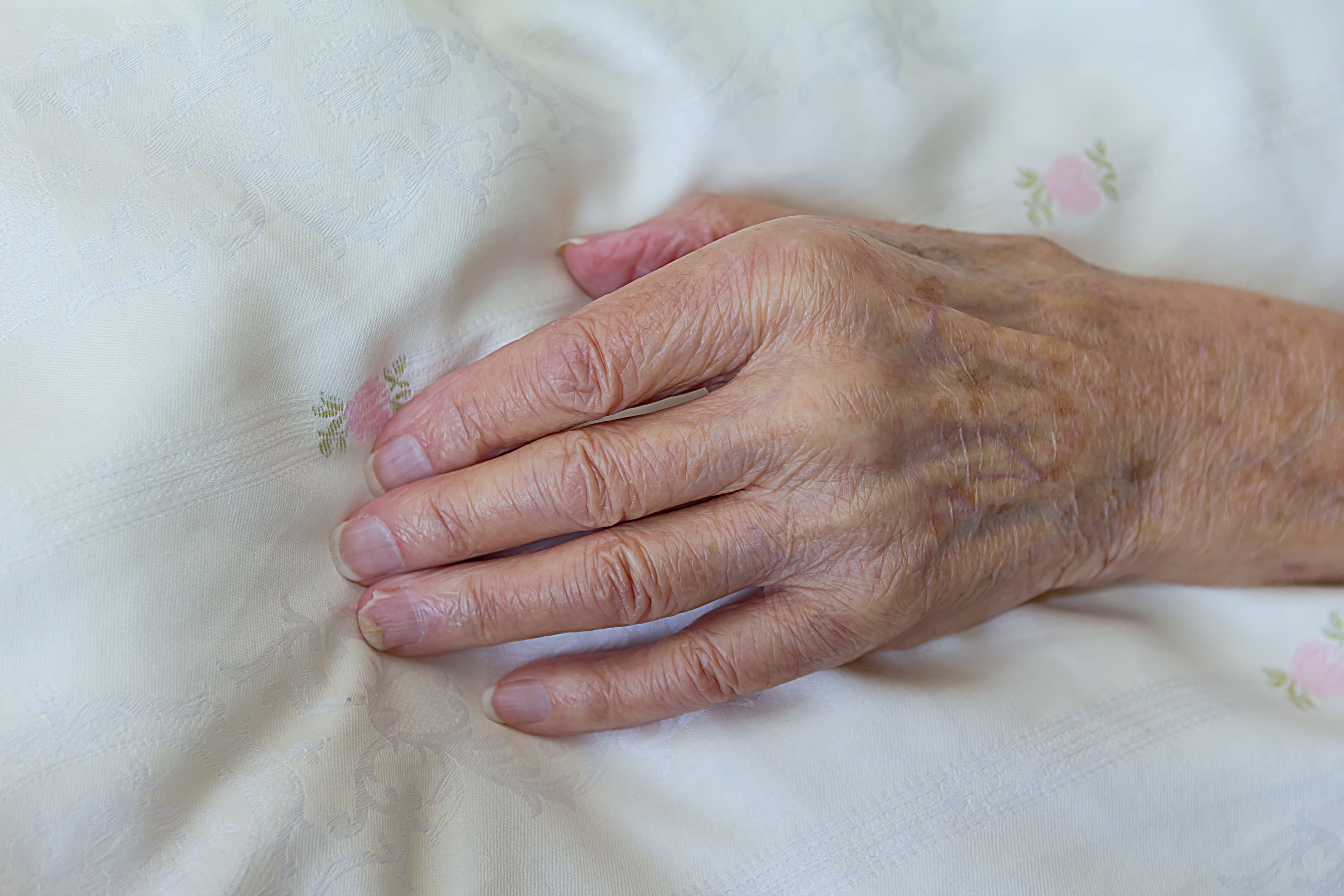Proper nutrition and hydration are the foundation of good health—especially for seniors, whose bodies are more vulnerable to the effects of neglect. Yet, malnutrition and dehydration are shockingly common problems in nursing homes across the United States. When facilities fail to meet residents’ basic dietary needs, the consequences can be catastrophic: rapid health decline, hospitalizations, infections, and even premature death. For families, recognizing the warning signs and knowing how to respond is critical to safeguarding their loved ones.
Why Do Malnutrition and Dehydration Happen in Nursing Homes?
There are many reasons why nursing home residents might not get enough food or fluids:
- Understaffing: Not enough staff to assist residents who need help eating or drinking, or to monitor food and fluid intake.
- Poor Training: Staff may not recognize the importance of special diets or the warning signs of malnutrition.
- Neglect or Oversight: Busy or inattentive staff may simply forget to offer fluids regularly or to check that meals are consumed.
- Cognitive Decline: Residents with dementia may forget to eat or drink, lose their appetite, or refuse food without encouragement.
- Physical Impairments: Difficulty chewing, swallowing (dysphagia), or handling utensils can make eating and drinking a challenge.
- Inadequate Menus: Lack of appealing, appropriate, or easy-to-eat food options can discourage residents from eating.
- Medical Conditions: Illnesses, medications, or depression can reduce appetite or make it hard to stay hydrated.
While some factors are unavoidable, federal and state regulations require facilities to develop individualized nutrition and hydration plans and provide adequate staffing and supervision.
The Consequences of Nutrition and Hydration Neglect
The impact of inadequate nutrition and hydration can be severe, especially in frail seniors:
- Malnutrition: Leads to rapid weight loss, muscle wasting, weakened immune system, delayed wound healing, and increased risk of infections.
- Dehydration: Causes confusion, dizziness, urinary tract infections, kidney problems, constipation, and life-threatening electrolyte imbalances.
- Falls and Fractures: Weakness and dizziness increase the likelihood of falls and related injuries.
- Hospitalizations: Malnutrition and dehydration are leading causes of preventable hospital admissions from nursing homes.
- Death: Severe neglect can result in organ failure and premature death.
Even moderate neglect can dramatically reduce quality of life and independence for seniors.
Warning Signs: What Should Families Watch For?
Detecting neglect early can prevent serious harm. Look for:
- Unexplained Weight Loss: Clothing becomes loose, bones appear more prominent, or rapid loss of body mass.
- Dry Mouth, Sunken Eyes, or Skin Tenting: Classic signs of dehydration.
- Lethargy or Confusion: Sudden changes in mental status or increased weakness.
- Cracked Lips or Skin: Indications of dehydration or vitamin deficiencies.
- Low Output: Dark urine, infrequent urination, or constipation.
- Bedsores or Infections: These often worsen with poor nutrition and hydration.
- Food Left Uneaten: Regularly finding uneaten meals in your loved one’s room or hearing complaints about food or help at mealtimes.
Don’t hesitate to ask questions if you notice any of these red flags.
Nursing Home Duties: Providing Adequate Nutrition and Hydration
Facilities are legally and ethically required to:
- Assess Each Resident: Upon admission and regularly after, to identify dietary needs, preferences, and risks.
- Create Individualized Plans: Tailor diets to medical needs (e.g., diabetic, heart-healthy, pureed).
- Monitor Intake: Track food and fluid consumption, and intervene quickly if intake drops.
- Assist With Eating and Drinking: Provide support for residents with mobility, swallowing, or cognitive difficulties.
- Involve Dietitians: Consult nutrition professionals to ensure balanced, appealing meals.
- Educate Staff: Train all employees to recognize signs of malnutrition and dehydration.
Failure in any of these areas may be grounds for a claim of neglect or abuse.
What Should Families Do If They Suspect Neglect?
If you believe your loved one is suffering from malnutrition or dehydration:
- Request Records: Ask to see meal logs, weight charts, and hydration records.
- Document Your Observations: Take photos, note changes in appearance, and record what your loved one tells you.
- Report Concerns: Notify facility management and demand an immediate response; escalate to the ombudsman or state health department if needed.
- Seek Medical Evaluation: Arrange for a doctor to assess your loved one’s health, nutritional status, and need for intervention.
- Contact an Attorney: Protect Seniors Law Firm can review the situation, investigate facility practices, and help you pursue compensation or action against the nursing home.
How Protect Seniors Law Firm Can Help
The attorneys at Protect Seniors Law Firm are experienced in fighting for families harmed by nutrition and hydration neglect. Their services include:
- Thorough Investigations: Reviewing medical records, interviewing staff and family, and consulting with nutrition experts.
- Aggressive Advocacy: Pursuing compensation for medical bills, pain and suffering, and loss of quality of life.
- Systemic Change: Legal cases can push facilities to improve staffing, food quality, and supervision—helping prevent future neglect.
Conclusion
Malnutrition and dehydration should never be accepted as “part of aging.” With proper care, vigilance, and legal support, families can protect their loved ones from this silent form of abuse and demand accountability from neglectful facilities. Protect Seniors Law Firm stands ready to help you seek justice and ensure a safer, healthier environment for every senior.
